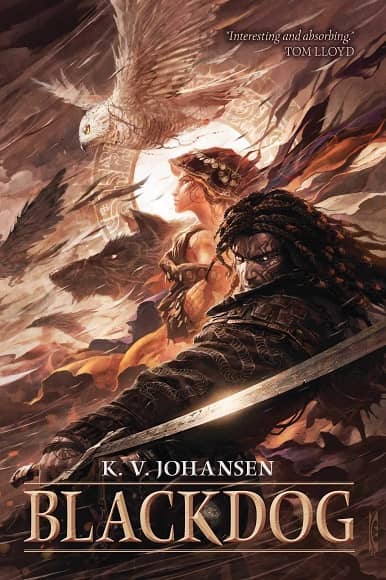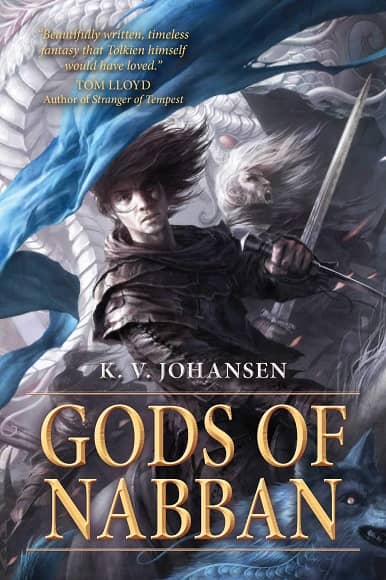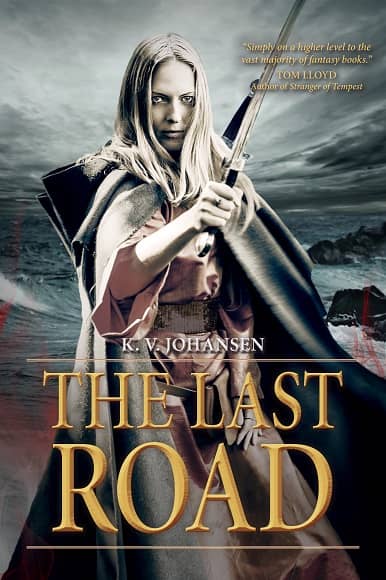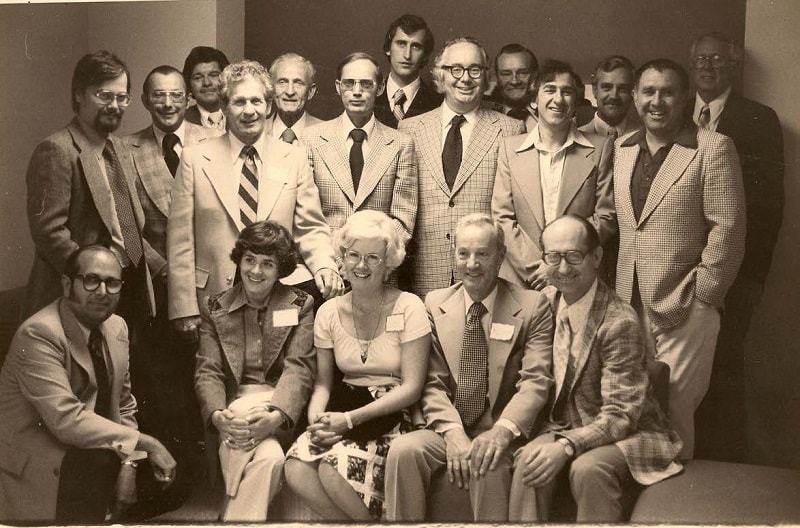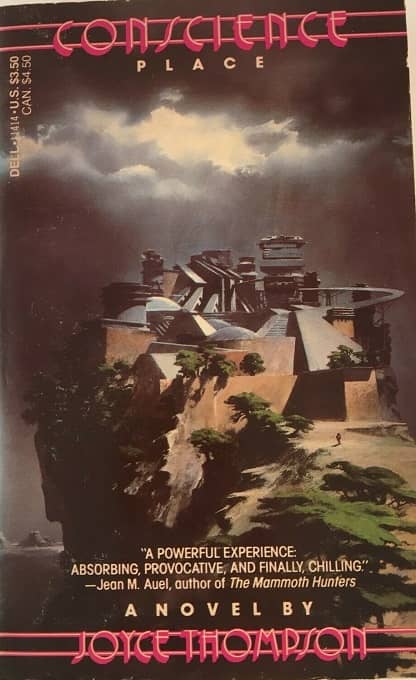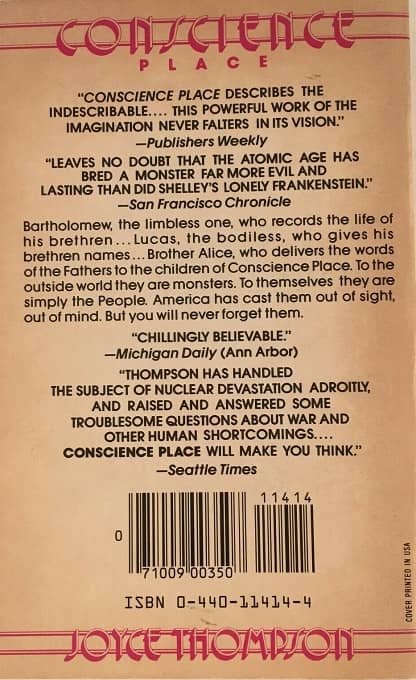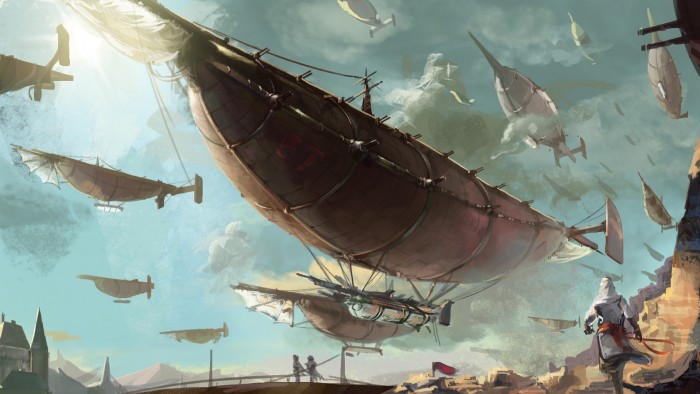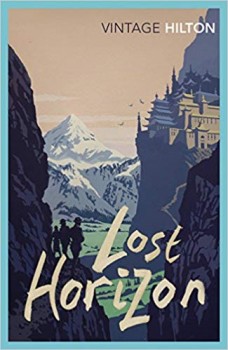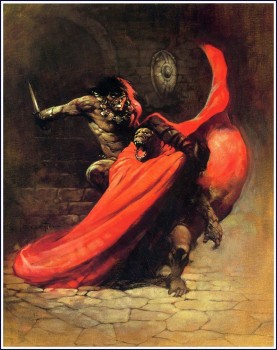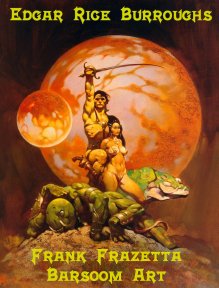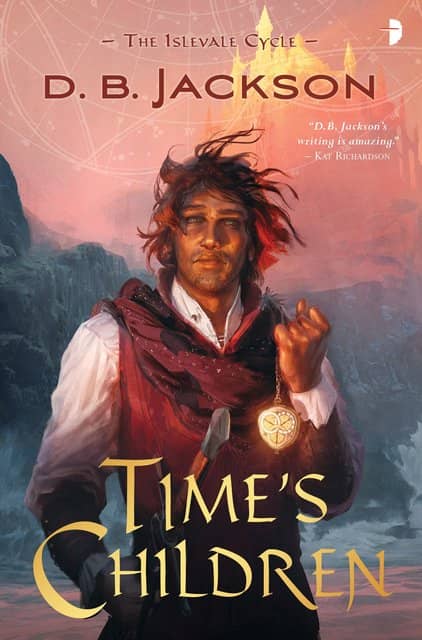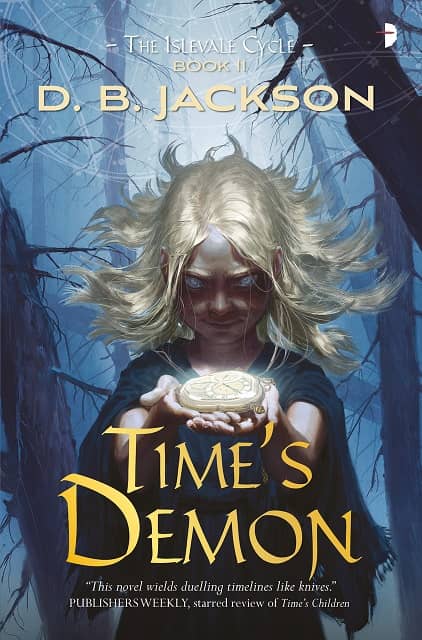Writing is an Evolutionary Act
 |
 |
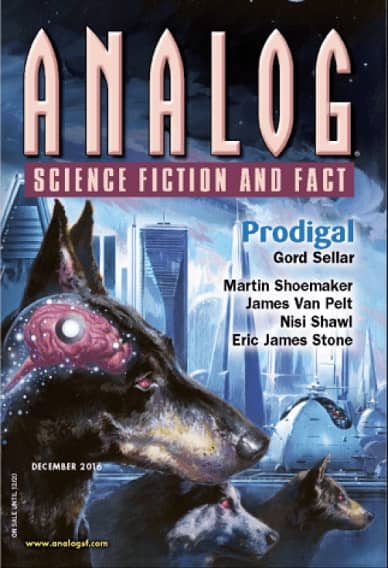 |
Covers by Beeple, Gary Freeman and Vincent Di Fate
I had an interesting conversation with a newish writer at MileHiCon last weekend. She said that she’d been submitting to small markets until she was “good enough for the biggies.” She meant Clarkesworld, The Magazine of Fantasy and Science Fiction, Asimov’s, Analog, Tor.com and a couple of others. She said, “I figure you only have two or three chances with those editors before they start tossing your manuscript back because they recognize your name.”
I told her about a panel I attended at WorldCon a while ago where Gardner Dozois and Stanley Schmidt were discussing the same issue. Stanley said he’d been receiving manuscripts from the same author for years without buying one. “But he improved steadily. His last ones were close, and then he quit sending me stuff. I was looking forward to buying one of his pieces.”
Gardner perked up and said, “That sounds familiar. Was it…” and he whispered a name in Stan’s ear. Stan nodded.
“His last story barely missed with me!”
Both editors looked a little sad. “I wonder what happened to him?” Gardner added.
